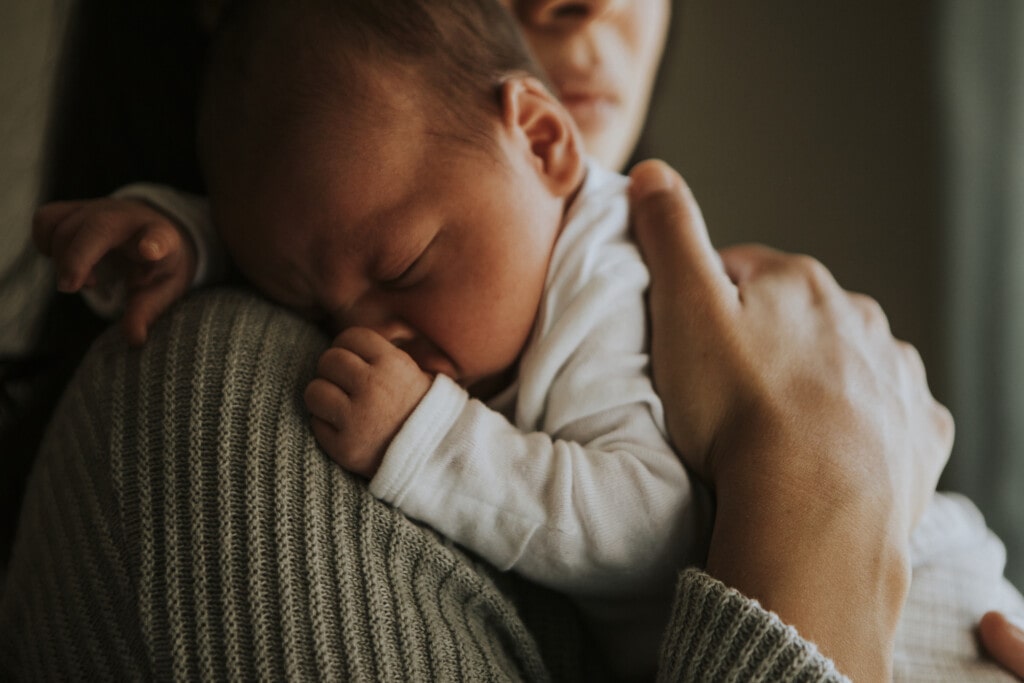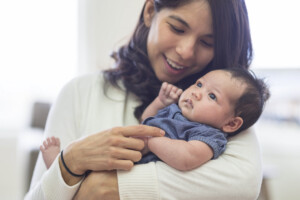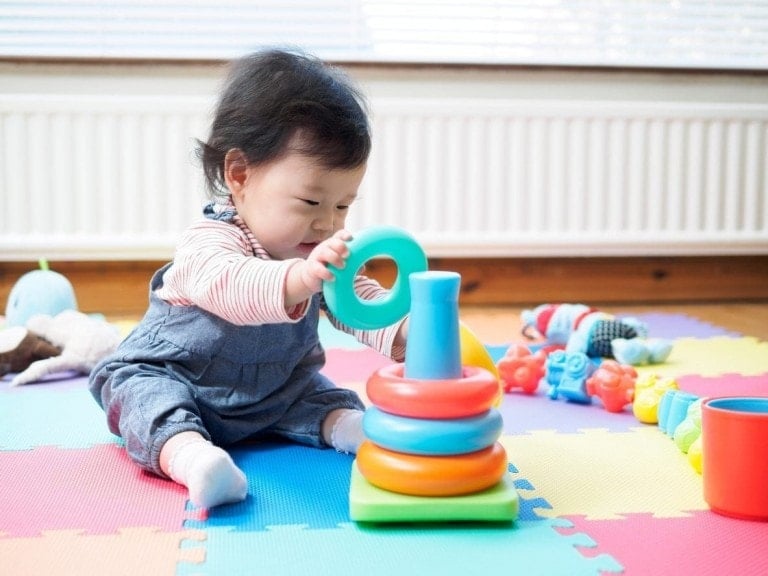Motherhood changes everything. From the moment you hold your baby, you know you’ll never be the same. Becoming a mom is a powerful transformation, one that reshapes your body, your brain, and even your heart. While many of these changes feel obvious, you might wonder what’s really happening behind the scenes.
The truth is, becoming a mom affects nearly every part of your life. At your core, you’ll always be you—but pregnancy and motherhood bring lasting shifts, both physical and emotional. From the cellular level to the way your brain functions, research shows that motherhood leaves a permanent imprint, preparing you to nurture and protect your baby.
How Becoming a Mom Changes You
Here are some of the most fascinating ways motherhood changes your body and mind—many of which are backed by science.
Changes at the Cellular Level
When you look at our most basic level—our cells—you can tell that carrying a baby left a significant mark on you. A 2015 study out of the Netherlands confirmed that fetal cells enter into and spread throughout her body while a woman is pregnant.1 They confirmed this by detecting Y chromosomes in the DNA of women who had been pregnant with boys.1
This transference of cells, called microchimerism, occurs in girls, too. But it’s probably more difficult or impossible to detect, given that both have only X chromosomes. Given that you shared everything with your growing baby, isn’t it crazy that they left a mark on you?
The cool thing about this is that these chromosomes remain in your body (possibly even decades after birth) and could have benefits for you. The International Journal of Epidemiology completed a study concluding that the presence of male chromosomes in the mom improves survival rate in both cancer and cardiovascular disease.2
Postpartum Body Composition Changes
Becoming a mom also changes our body composition in the postpartum period. According to a study by Korea University Guro Hospital from 2011, even though women’s overall weight decreased during postpartum, body composition as a whole changed.3 Body water and fat-free mass went down, but fat mass and visceral fat area increased in the postpartum period.
These results aren’t that surprising, given the changes that happen to the body during pregnancy. However, a study on whether these changes continue past the postpartum period would be especially interesting. As moms, it can be hard to return to the body we had before pregnancy. Is this simply because our body composition has changed through this process and won’t go back?
How Lactation Changes the Body
If you breastfeed, you can also expect other physical changes that come with becoming a mom.4 Just as with pregnancy, your body will prioritize the baby. Your maternal tissues and metabolism will be affected by hormonal changes so that you can sustain breastfeeding. The lactation process causes your bones to lose minerals, primarily the calcium that is needed. Once the baby weans, the bones will remineralize. Not only are your bones affected, but your kidneys and gut will also adjust how they function to provide the calcium and other minerals needed during this time.
The mammary glands also undergo considerable changes to function as they were intended. Much of this is done through hormonal changes, such as increased estrogen and progesterone.
Brain Changes During Motherhood
While we feel the emotional effects, they are rooted in a change in the brain when you become a mom. Lactation doesn’t only affect the parts of the body mentioned above. According to a report by Scientific American in 2006, female mammals have shown that hormones surrounding pregnancy and lactation can cause structural changes to the brain and increase neuron size.5
Motherhood Can Improve Memory
It is hard work taking care of a baby. It really is the ultimate learn-on-the-job position! Additional research found that the hormones associated with pregnancy combined with the entire experience and birth improve our ability to learn and our memory.6
Psychological Changes in Motherhood
Other changes that we undergo are psychological, so they are attributed to changes in the brain. During pregnancy, women begin to watch more closely for threats in their environment.7 Then comes sensitivity to infant cues and an even stronger attachment to the baby before it’s born. Functional plasticity, or the ability to adapt to life changes, starts even before your baby is born. Your brain is already preparing you and showing you the things to pay attention to to help prepare you for motherhood.
For new mothers, these instincts will get stronger. According to animal studies, parts of the brain are responsible for maternal motivation through dopamine release.8 It has also been shown that infant cries activate the social information circuit, which is associated with self-monitoring, empathy, and reflection.9 This connection helps us understand how mothers can understand cues from their infants and respond to them correctly.
Science confirms what every mom already knows—motherhood changes you in profound ways. From your body and brain to your outlook on life, these changes help prepare you for the journey ahead. And while you may never be quite the same, that’s part of the beauty of becoming a mom.











